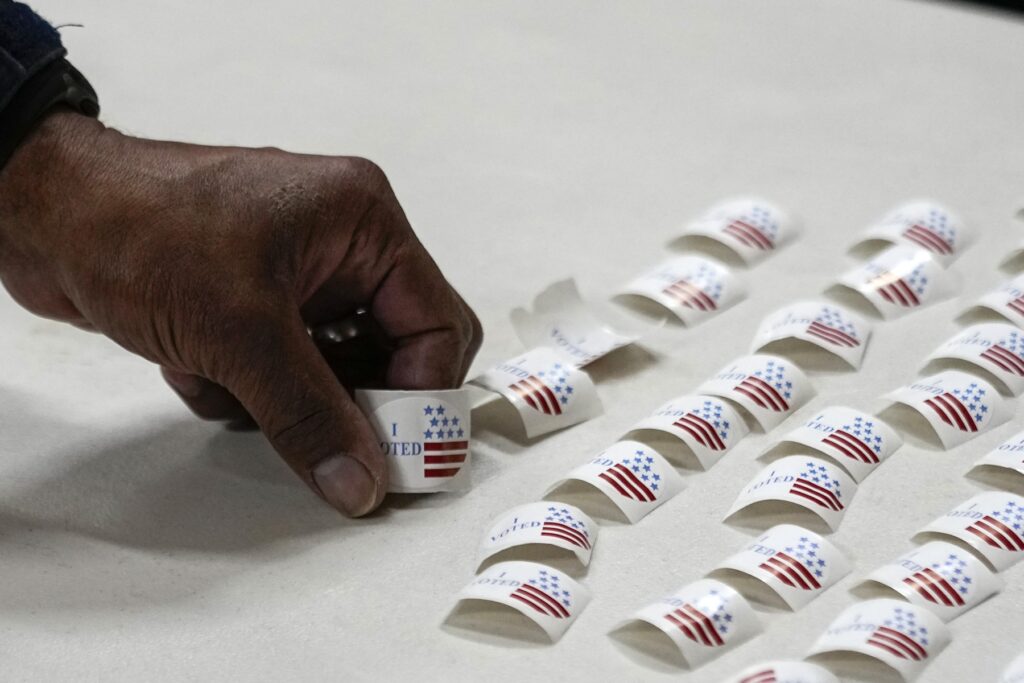
Tennessee is in the bottom five states when it comes to voter turnout. A new report finds that state policy makes voting harder for communities of color and disabled voters.
The state’s elections aren’t competitive, according to voting rights nonprofit Organize Tennessee. During the last midterm elections, more than half of races in the state were uncontested. While part of that can be attributed to the state’s Republican leaning, the study found that racial gerrymandering also plays a role in diluting the power of Black and brown voters.
Another factor is the state’s felony voting rights restoration process, which affects voters of color at a disproportionately high rate. The study noted that such laws have their origin in the post-Civil War era, as a means of preventing newly freed Black people from participating in the democratic process. Today, Asian, Black and Latino respondents were nearly four times more likely to be ineligible to vote than their white counterparts.
Tennessee’s voting restoration requirements don’t just disenfranchise Black voters at a higher rate — they also discourage eligible Black voters from participating in elections.
States with a higher percentage of Black voters who can’t vote because of a felony conviction also experience overall lower voter turnout among Black voters. That’s because people in the same community are more likely to go to the polls together, discuss candidates and share election deadlines.
More: Nashville judge rules against a controversial Tennessee voting restriction
In Tennessee, language can also be a barrier to voting. An estimated 30% of naturalized immigrants in the state speak English “less than ‘very well.’” The study found that while the Voting Rights Act requires multilingual ballots in communities with a certain population of non-English speakers, not a single jurisdiction in Tennessee offers one.
A state law requires that all of Tennessee’s official and legal language be in English, including ballots. A previous state attorney general has said that the law cannot prohibit the government from providing translated materials alongside the original English, but the study warned that the law may still deter counties from providing translations.
Data from Current Population Survey estimates that 22% of Tennessee’s registered voters did not vote because of a disability or illness. The Massachusetts Institute of Technology’s Election Protection Index ranks Tennessee the second-worst state for disability access in voting, which has also affected Black and brown voters at higher rates. More than 30% of respondents of color reported disability or illness as their reason for not voting, compared to roughly 19% of white respondents. The study finds that the need for accessible voting is growing as Tennessee’s aging population does.
In a county-specific analysis, the study found that Wilson and Williamson counties fared better than the rest of the state in voter turnout among all racial demographics.
While Shelby County in Memphis has the highest proportion of Black voters in the state, it also has the lowest Black voter registration rate of the 12 specific counties observed in the study.
Shelby, Davidson and Fayette counties had the lowest consistent voter turnout among registered voters. Predominantly white Sumner County had the highest rates of Black voter registration in the state.
Of Tennessee’s biggest cities, Knoxville had the highest rates of voter registration and voter turnout.

